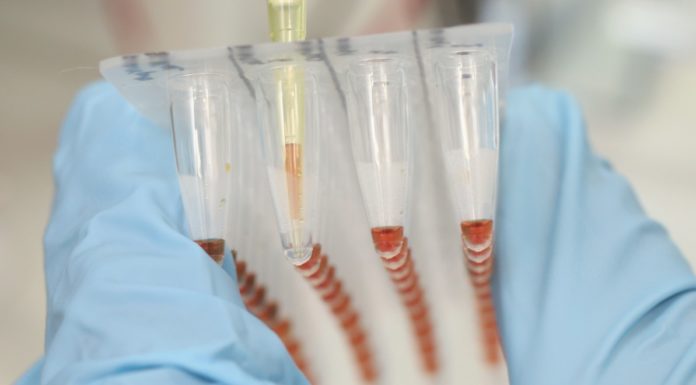
As the Ebola death toll continues to rise, scientists in Senegal have developed a test that can determine in just 15 minutes whether a patient has been infected by the virus. The test is portable, solar-powered, and removes previous obstacles for a quick diagnosis, making it up to six times faster than the tests currently used.
The research, conducted by the Pasteur Institute in Dakar, is funded by the Wellcome Trust charity, and the British government.
“A reliable, 15-minute test that can confirm cases of Ebola would be a key tool for effective management of the Ebola outbreak—allowing patients to be identified, isolated and cared for as soon as possible,” said Dr Val Snewin of the Wellcome Trust in a statement. “It not only gives patients a better chance of survival, but it prevents transmission of the virus to other people.”
Researchers from the Pasteur Institute will conduct trials in the next few weeks at an Ebola treatment center in Conakry, the capital of Guinea. The virus has already killed nearly 7,000 people, according to the latest figures from the World Health Organization, with almost all of the 16,000 infections reported in the three hardest-hit countries of Guinea, Sierra Leone, and Liberia.
The new diagnostic test has two main advantages over the traditional method, which tracks Ebola genes in the patient’s blood. One is that it can be used in room temperature, whereas the current test requires a cold environment. Another is that it is portable, serving as a ‘mobile suitcase laboratory’ powered by solar panels.
“This pilot study is particularly promising because researchers have considered how to make the test suitable for use in remote field hospitals, where resources—such as electricity and cold storage—are often in short supply,” said Snewin.
In related news, researchers from the National Institutes of Health reported on Wednesday that a possible vaccine for the Ebola virus appears to be safe in early testing and that a clinical study in West Africa can go ahead as planned late this year or in early 2015.
